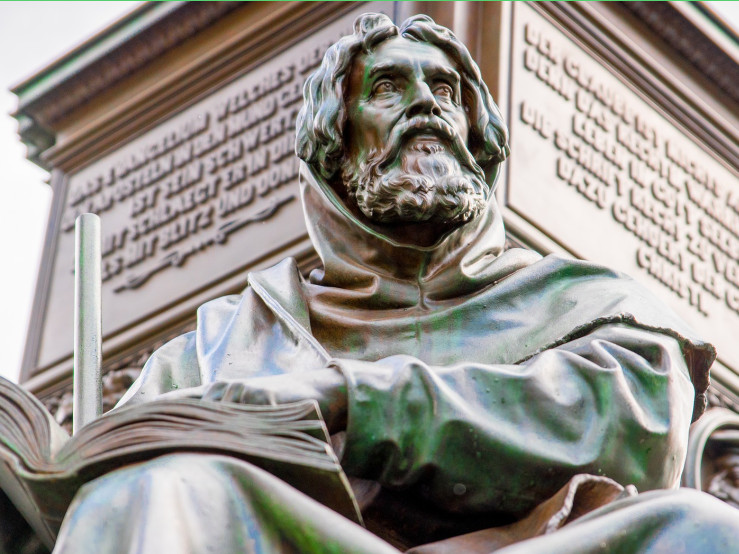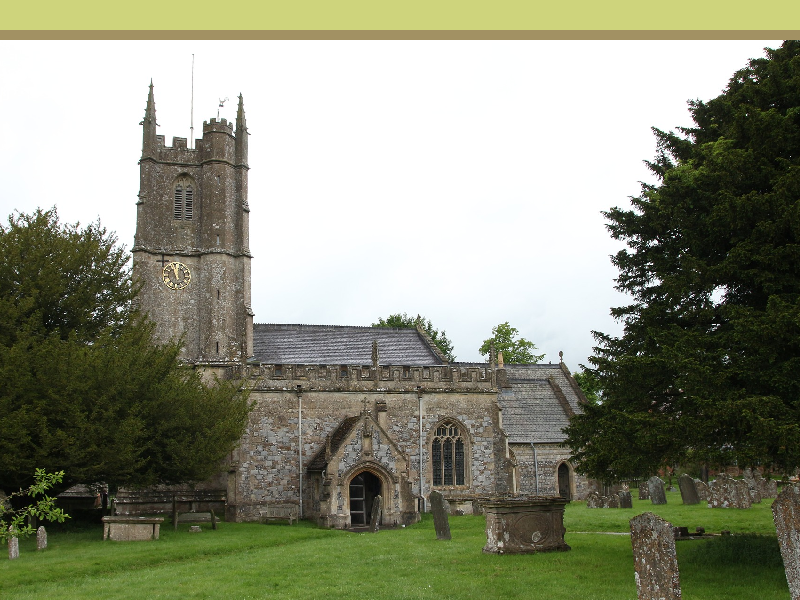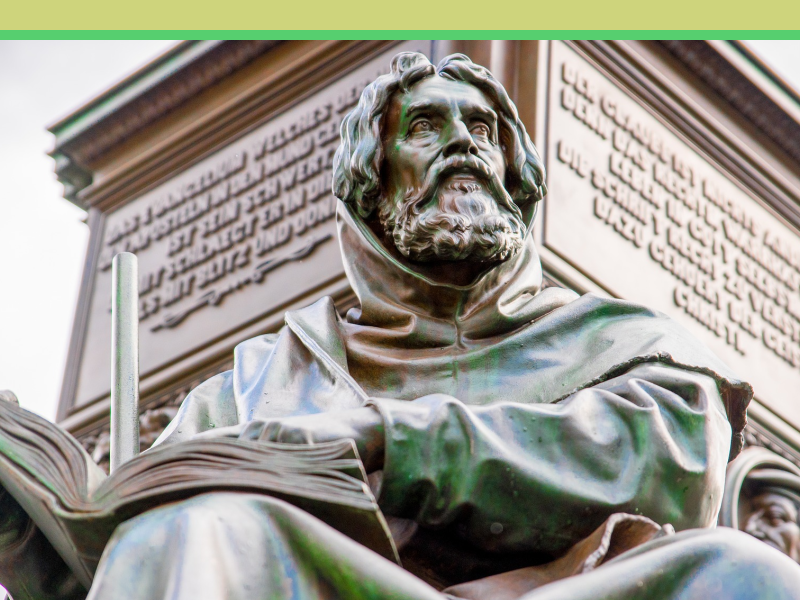
The study of the history of the Church provides a vital context for understanding the contemporary Church. We can’t truly understand the present unless we understand the past, because the past created us.
This unit surveys the development of traditions, the growth of theology and the unity/disunity displayed in the church during the past 2,000 years. The clashes between people, ideas and movements is a thrilling journey in itself, but it will also prove to be a journey of self-discovery.
- Teacher: Steven Young

This graduate course
unit focuses on key changes in the Church throughout the past 2,000 years. Focusing on ideas, theology and societal
change, this course provides insight into the Early, Medieval, Reformation and
Modern Church eras. Included are such important
developments and events as: doctrinal formation in the first few centuries; the
primacy of Rome; the rise of Islam and the crusades; the theological revolution
of the Reformation; the impact of the Enlightenment; the rise of denominations;
and the emergence of modernity.

The study of the history of the Church provides a vital context for understanding the contemporary Church. We can’t truly understand the present unless we understand the past, because the past created us.
This unit surveys the development of traditions, the growth of theology and the unity/disunity displayed in the church during the past 2,000 years. The clashes between people, ideas and movements is a thrilling journey in itself, but it will also prove to be a journey of self-discovery.
- Teacher: Steven Young

The study of the history of the Church provides a vital context for understanding the contemporary Church. We can’t truly understand the present unless we understand the past, because the past created us.
This unit surveys the development of traditions, the growth of theology and the unity/disunity displayed in the church during the past 2,000 years. The clashes between people, ideas and movements is a thrilling journey in itself, but it will also prove to be a journey of self-discovery.
- Teacher: Steven Young

The study of the history of the Church provides a vital context for understanding the contemporary Church. We can’t truly understand the present unless we understand the past, because the past created us.
This unit surveys the development of traditions, the growth of theology and the unity/disunity displayed in the church during the past 2,000 years. The clashes between people, ideas and movements is a thrilling journey in itself, but it will also prove to be a journey of self-discovery.
- Teacher: Steven Young

The study of the history of the Church provides a vital context for understanding the contemporary Church. We can’t truly understand the present unless we understand the past, because the past created us.
This unit surveys the development of traditions, the growth of theology and the unity/disunity displayed in the church during the past 2,000 years. The clashes between people, ideas and movements is a thrilling journey in itself, but it will also prove to be a journey of self-discovery.
- Teacher: Anton Beukes

